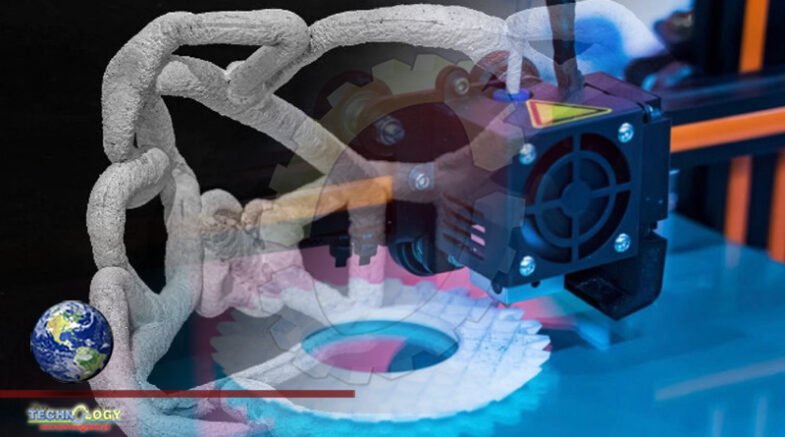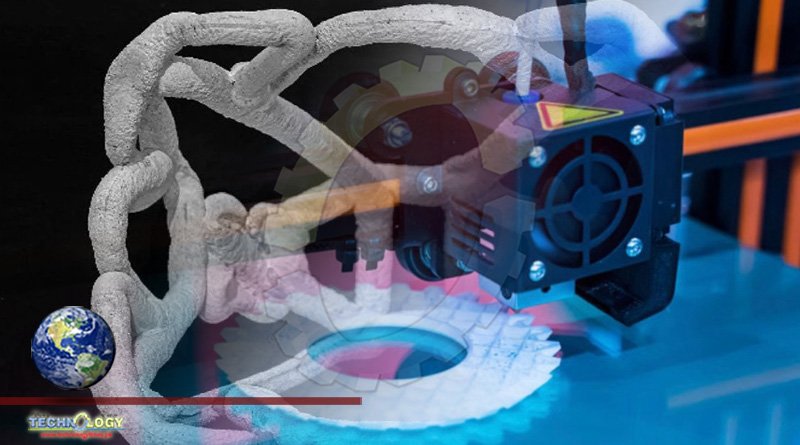Germany has developed a New Method of 3D printing concrete that shows potential for more complex 3D printed and more intricate structures.

The team of researchers from TU Braunschweig in Germany show that the New Method of 3D printed concrete construction focuses on three methods, material extrusion, particle-bed binding, and jetting, all of which apply the concrete in horizontal layers and new injection 3D technology concrete printing method builds more intricate structures . unlike these layered techniques, injection 3D concrete printing (I3DCP) consists of robotically injecting a fluid material into another material with specific rheological properties, in other words, how the material responds under force or stress. free from gravity, injecting allows more complex structures to be printed in one piece.
Injection 3D concrete printing isn’t limited by gravity, meaning more intricate structures can be printed
This latest research of a New Method experimented with the method of injecting fine-grained concrete into a non-hardening carrier liquid. there are two other I3DCP techniques: injecting a non-hardening suspension into a fine-grained concrete and injecting fine-grained concrete with specific properties into concrete with different properties.
To better understand the first method of injection printing concrete in suspension, the research team experimented with the rheological properties of the carrier liquid, the concrete flow rate, and the nozzle displacement velocity. previous experiments by French start-up solitude and TU Braunschweig had used a gel as the carrier liquid. for this study, a ground limestone suspension was used.
As a result of their small-scale print experiments, the team presents the ‘first reinforced I3DCP-elements and current developments of this novel and a new technology for lightweight space frame structures in concrete construction.’ you can find more details in the published research paper here, which was co-authored by d. Lowe, a. Vandenberg, a. Pierre, a. Thomann, h. loft, and n. hack.
Source Designboom
